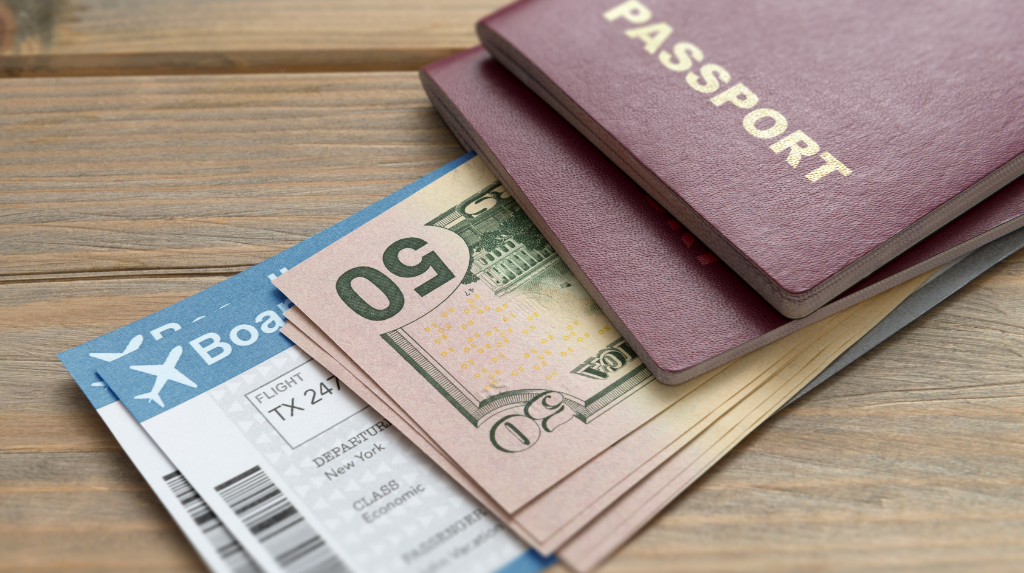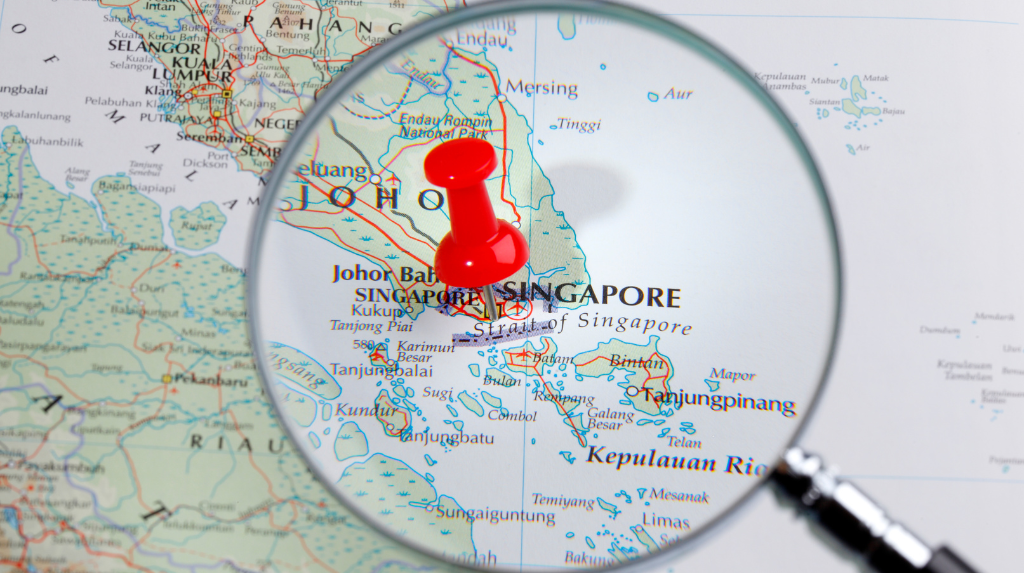Being denied entry to Singapore can be a frustrating and challenging experience. Whether it is due to visa issues, immigration concerns, or other reasons, it is important to know what steps to take if you find yourself in this situation. This article will guide you through the necessary actions to address the denial of entry and help you understand your options.
Stay Calm and Cooperate
Upon being denied entry, it is crucial to remain calm and cooperative with the immigration authorities. Resisting or arguing with them will only escalate the situation and make it more difficult to find a resolution. Be respectful, answer their questions truthfully, and follow their instructions.
Understand the Reason for Denial
Ask the immigration officer for the specific reason why you were denied entry. Understanding the cause will help you address the issue effectively and determine the next steps to take. The reason could range from visa-related concerns to security issues or other immigration-related matters.
Seek Clarification and Options
If the reason for denial is not clear or you need further clarification, politely ask the immigration officer for more information. Inquire about the available options to resolve the situation, such as applying for a different visa category, seeking legal assistance, or providing additional documentation.
Contact Your Embassy or Consulate
Reach out to your embassy or consulate in Singapore for assistance. Inform them about the denial of entry and seek guidance on how to proceed. They can provide valuable advice, connect you with relevant authorities, and offer support during this challenging time.
Consult an Immigration Lawyer
If the denial of entry has significant implications or you believe it was unjustified, consider consulting an immigration lawyer. They can review your case, assess the reasons for denial, and advise you on the best course of action. An experienced lawyer can help you navigate the legal aspects and explore possible solutions.
Explore Alternative Entry Options
If your denial of entry is related to a specific visa category or travel document, explore alternative entry options. This may involve applying for a different visa type or fulfilling additional requirements. Research the available options and seek professional guidance to determine the most suitable path forward.
Comply with Instructions and Timelines
If the immigration authorities provide you with instructions or timelines to resolve the situation, it is essential to comply with them. Failure to do so may further complicate your case and hinder any potential resolution. Follow the given instructions diligently and provide the requested information or documentation within the specified timeframe.
Reapply for Entry at a Later Date
In some cases, being denied entry may not permanently bar you from entering Singapore. After addressing the underlying issues or meeting the necessary requirements, you can consider reapplying for entry at a later date. Ensure that you have resolved the concerns that led to the initial denial and prepare a comprehensive and accurate application.
Seek Consular Assistance
If you are unable to resolve the denial of entry independently, seek consular assistance from your home country’s embassy or consulate. They can advocate on your behalf, communicate with the relevant authorities, and provide guidance throughout the process. Consular assistance can be particularly valuable if you encounter language barriers or face challenges in navigating the local procedures.
Maintain Documentation and Records
Throughout the entire process, keep detailed records of all communication, documentation, and interactions related to the denial of entry. This includes copies of your passport, visa applications, correspondence with immigration authorities, and any supporting documents. These records can be essential for future reference, appeals, or legal proceedings, if necessary.
Frequently Asked Questions (FAQs)
Can I appeal the denial of entry to Singapore?
Generally, there is no formal appeal process for the denial of entry to Singapore. However, you can seek alternative solutions, such as addressing the underlying issues, reapplying for entry at a later date, or exploring different visa options.
What are common reasons for being denied entry to Singapore?
Common reasons include insufficient documentation, visa or immigration violations, security concerns, previous criminal records, or suspicion of intent to work illegally in Singapore.
Can I seek legal assistance for a denied entry case?
Yes, if the denial of entry has significant consequences or you believe it was unjustified, consulting an immigration lawyer can be helpful. They can assess your case, provide legal advice, and guide you through the available options.
Will being denied entry to Singapore affect future travel?
While being denied entry may not have direct implications on future travel to other countries, it is essential to address the underlying issues and resolve any concerns to avoid potential complications in future visa applications.
How can I prevent being denied entry to Singapore in the future?
To prevent future denials, ensure that you meet all visa requirements, have complete and accurate documentation, address any previous immigration or visa violations, and adhere to the instructions provided by the immigration authorities.
Facing a denial of entry to Singapore can be a challenging experience, but it is important to remain calm, seek clarification, and explore your options. Cooperate with the immigration authorities, consult your embassy or consulate, consider legal assistance if needed, and comply with instructions and timelines provided. By taking the necessary steps and addressing the underlying issues, you can work towards resolving the situation and preventing future complications in your travel plans.
Do you need support with your Singaporeans visa application?
Contact our team of skilled immigration lawyers to discuss your visa and immigration needs.
Call us on +234 812 5505 986 or WhatsApp us at +234 818 1547 085 for immediate assistance with your situation. We are available to assist you in person, over the phone, or online.





